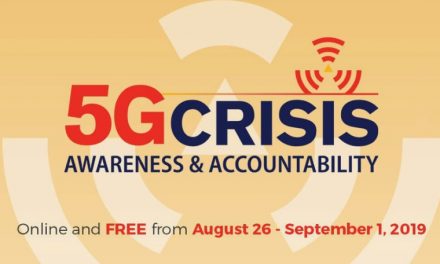Is technology failing the average user? For those who don’t take precautions against hackers, the answer could be a regretful, YES.
“Tara Thomas thought her daughter was just having nightmares. ‘There’s a monster in my room,’ the almost-3-year-old would say, sometimes pointing to the green light on the Nest Cam installed on the wall above her bed.
Then Thomas realized her daughter’s nightmares were real. In August, she walked into the room and heard pornography playing through the Nest Cam, which she had used for years as a baby monitor in their Novato, Calif., home. Hackers, whose voices could be heard faintly in the background, were playing the recording, using the intercom feature in the software. ‘I’m really sad I doubted my daughter,’ she said.”
Technology will continue to be developed for the purpose of making our lives safer and more convenient. And with that comes the added responsibility of staying one step ahead of cyber hackers.
The software available to hack into websites and electronic devices has been referred to as, “child’s play,” and companies such as Nest say that consumers share in the responsibility for protecting themselves.
“Google (now merged with Nest) spokeswoman Nicol Addison said Thomas could have avoided being hacked by implementing two-factor authentication, where in addition to a password, the user must enter a six-digit code sent via text message. Thomas said she had activated two-factor authentication; Addison said it had never been activated on the account.
The method used to spy on the Thomases is one of the oldest tricks on the Internet. Hackers essentially look for email addresses and passwords that have been dumped online after being stolen from one website or service and then check to see whether the same credentials work on another site. Like the vast majority of Internet users, the family used similar passwords on more than one account. While their Nest account had not been hacked, their password had essentially become public knowledge, thanks to other data breaches.”
The lesson here: STOP REUSING PASSWORDS.
If the mission is to decrease your chances of being hacked, then the solution is to create a unique and strong password and two-factor authentication for each of your individual online accounts. Not sure how to do that? This article from Cyclonis will help:
Algorithm Passwords Are Not Always Strong Enough. How to Create Unhackable Passwords
How did Tara Thomas resolve the issue of her hacked cameras? She removed both security cameras from her child’s room with no plans of ever turning them on again.
“That was the solution,” says Thomas.
SOURCE:












